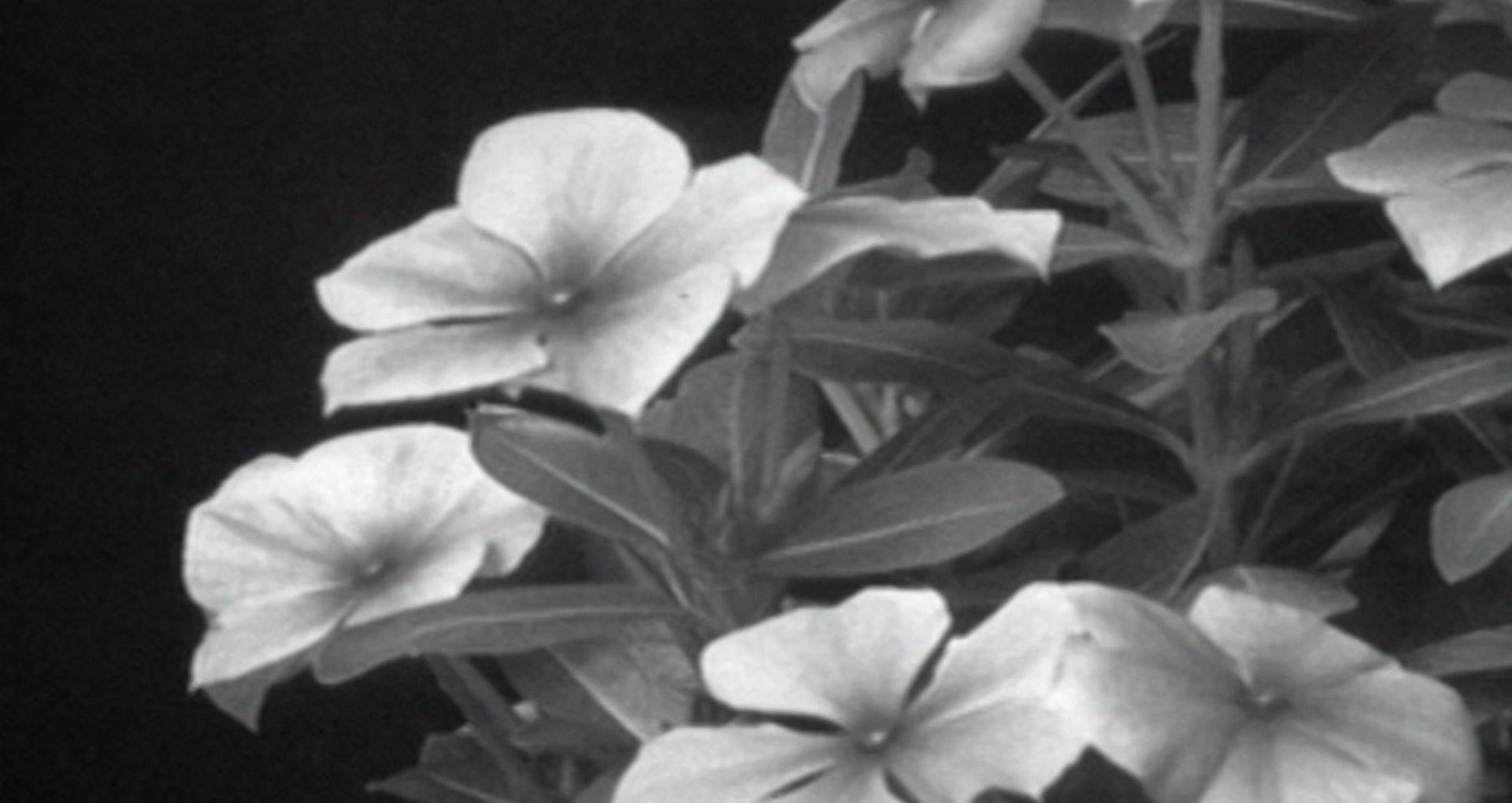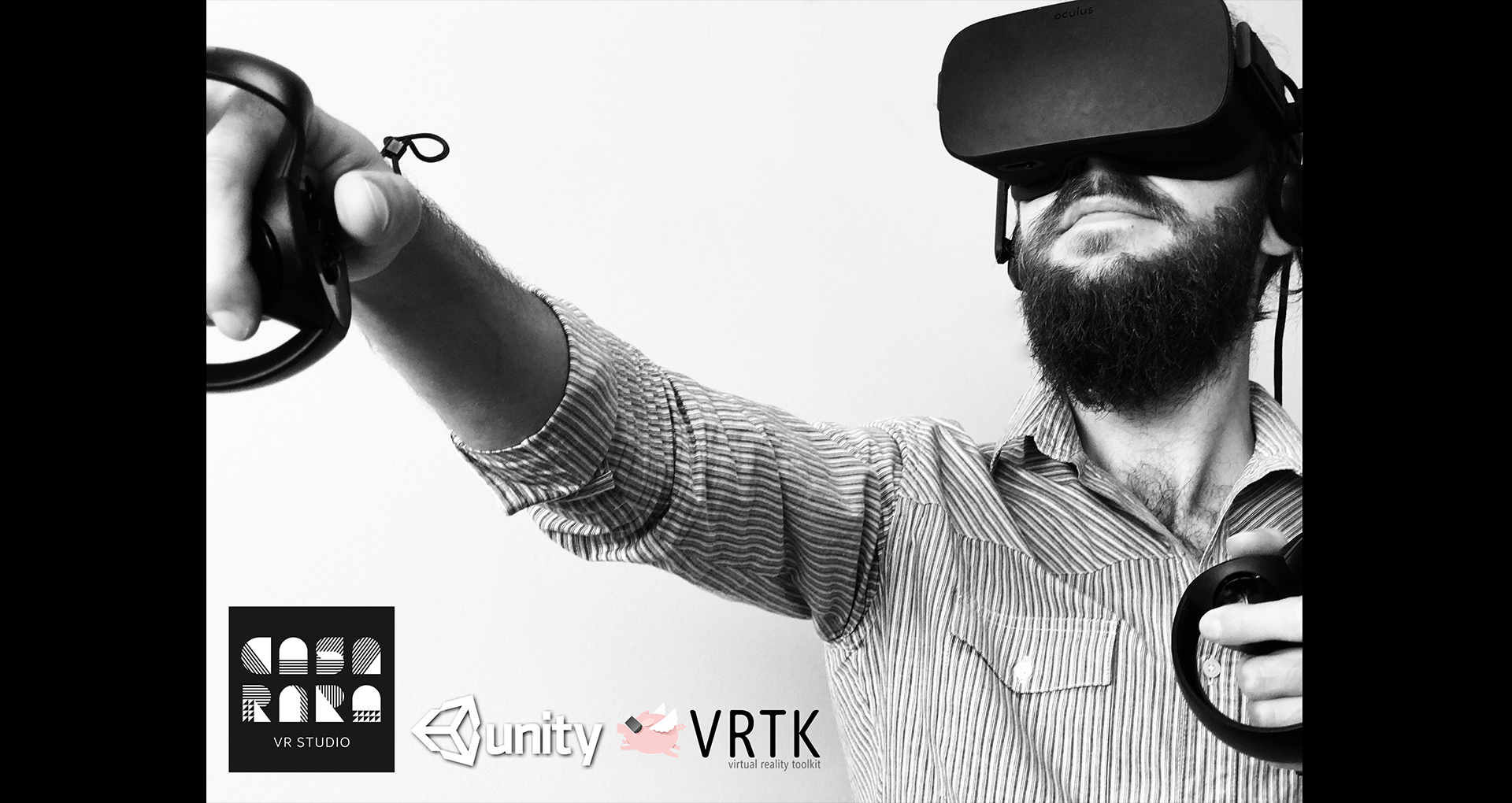
Intro to the architecture and the development of 360 degrees experiences in Unity
Workshop
200$ plus taxes
Intro to the architecture and the development of 360 degrees experiences in Unity (33h of group classes and 2h of private classes)
Workshop plan: Workshop plan_architecture360
Dates:
- Saturday 10th of February from 9am to 1pm
- Monday 12th of February from 6pm to 9pm
- Saturday 17th of February from 9am to 1pm
- Monday 19th of February from 6pm to 9pm
- Saturday 24th of February from 9am to 1pm
- Monday 26th of February from 6pm to 9pm
- Pause for the weekend of the 3rd and 4th of March
- Monday 5th of March from 6pm to 9pm
- Saturday 10th of March from 9am to 1pm
- Monday 12th of March from 6pm to 9pm
- Monday 26th of March from 6pm to 9pm
You have until January 15th 2018 to apply
*See conditions of admission later in the text
Financial aid provided by Emploi-Québec and workshop given in French by Casa Rara Studio.
Learn the foundations to build a 360° experience from scratch using Unity with the help of VR pioneers from Casa Rara Studio.
During the workshop, you will:
- Have a Virtual Reality development training with professional instructors
- Build the base of your pilot project in Unity
- Receive all project files and a full course curriculum outlining the course modules with sources to deepen your knowledge.
You will:
- Have an intro to the history of VR
- Learn about the recent usages of VR in Arts, Films, Games and more
- Learn the design pillars of creating a 360° immersive experience
- Learn the basics of Unity, the leading 3D engine, to create VR apps and 360° videos of your own
- Learn Art best practices to build in Unity. Asset integration, basic animation, basic shading and lighting
- Learn basic audio integration in Unity and the role of sound specialization in 360° storytelling
- Try an assortment of VR titles to inspire your creations
- Build a VR project from scratch in Unity
- Learn how to export your project as 360° video and VR app for different headsets
You’ll leave with:
- A VR project you can keep building in your house
- A stronger understanding of how to use Unity to create your own VR projects
Every participant should have their PC and have installed UNITY PERSONAL beforehand class number one.
It’s important also to follow this first tutorial to make sure the machine can handle Unity well. It will also help to get acquainted to the interface.
Min requirements to run Unity for development
OS: Windows 7 SP1+, 8, 10, 64-bit versions only;
Windows XP & Vista are not supported; and server versions of Windows is not tested.
CPU: SSE2 instruction set support.
GPU: Graphics card with DX9 (shader model 3.0) or DX11 with feature level 9.3 capabilities.
Conditions of admission
This course is intended for artists or those working or seeking work in the field of media arts. Applicants should reside on the island of Montréal and be available throughout the duration of the course, which is partly funded by Emploi-Québec.
Inscription
This workshop can receive 6 persons. Please call us at 514-521-2116 ext.221 to validate that you are eligible. You will then have to send your CV and a cover letter to info@videographe.org before January 15th.
Where: Vidéographe, 4550 Garnier Street, Montréal, QC H2J 3S7
When: See calendar above
Public transport: Metro – Mont-Royal; Bus – lines 27, 45 and 97
Price: 200$
For further information or to reserve a place, please contact Olivia Lagacé on (514) 521-2116 (ext. 221) or at info@videographe.org
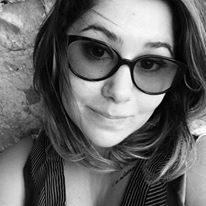
Tali Goldstein — Co-Founder & Producer
With over 11 years of experience as a producer, Tali has filled leadership roles for her entire professional life. She has expertly managed budgets of over 5M USD. In her role as Minority Media’s producer, she shipped many games, including the critically-acclaimed Papo & Yo, the App Store chart topper Loco Motors, and the ground-breaking Spirits of Spring. Her most recent project, Time Machine VR, was one of the most acclaimed launch games for VR devices, praised by the industry and gaming press, and nominated for a 2016 NUMIX award. As a studio manager, Tali took Minority Media from a 5-person startup to one of Canada’s leading developers at the forefront of VR innovation, employing 40 highly-talented professionals. Tali has established relationships with all major digital content publishers, including Sony, Microsoft, Apple, Amazon, Google, Valve, Steam, Facebook, Oculus VR, HTC and Samsung.
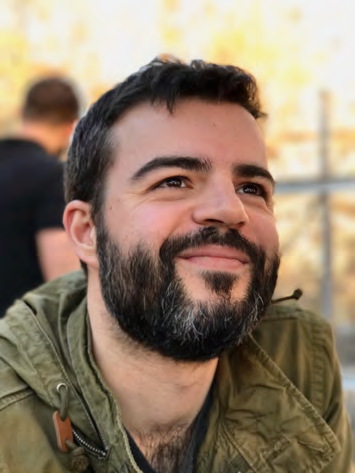
Ruben Farrus — Co-Founder & Creative Director
Ruben has 9 years of experience taking games from inception to worldwide launch. He learned and perfected his craft at AAA developers Electronic Arts and Eidos before playing a decisive creative role in establishing Minority Media’s reputation in games like award-winning Papo & Yo and Spirits of Spring. Respected across the game industry, Ruben’s numerous keynotes, master classes, and workshops, have inspired his peers. Ruben worked with the National Film Board of Canada (NFB) on I Love Potatoes, a narrative game about social innovation. Since launch, the game has collected numerous prizes for its engaging social features and transformative thematic (Best Social Game at the Canadian Videogame Awards in 2015; The 2016 NUMIX Grand Prix; 2017’s Best Original Interactive Production by the Academy of Canadian Cinema & Television; among others.) Since 2013 Ruben has explored the VR medium with gaming, educational and artistic projects: Minority Media’s Time Machine VR, Niwîchewâkan: Cree Syllabics VR (with the Cree School Board) and Museum Of Symmetry (with the National Film Board).
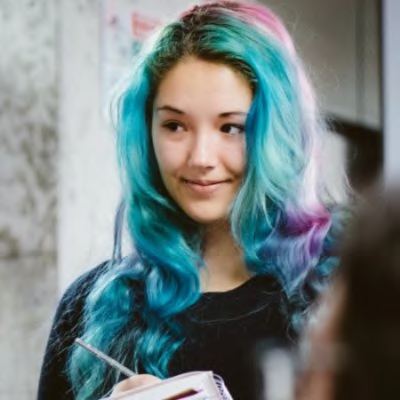
Charlène Boutin – Designer
CASA RARA always keeps an eye out for fresh talent. Charlène has recently graduated from Game Design at l’Université du Québec en Abitibi Témiscamingue. During her studies, she cultivated a passion for making complex game systems and developing enticing stories capable of reaching player emotion. An organized leader by nature, she has skills in game design, level design, narrative design and complex mechanics design. She has sharp prototyping skills, including great knowledge of C# in Unity as well as Unreal Engine 4’s blueprint system. Charlène joined CASA RARA for an internship in March 2017, and quickly demonstrated her potential: she is a fast learner and has the attitude of a pro. Charlène creates proof that CASA RARA’s vision of pairing talented juniors with veteran developers delivers a huge payoff for the company.
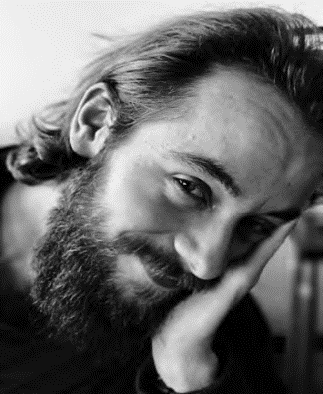
Eliott Le Calvé — Lead Artist
Eliott is a skilled 3D and 2D artist who gained his experience working in France as a concept artist, character designer, modeller, and UI artist. He moved to Montreal in search of a team with unbridled creativity and enthusiasm. He is highly proficient in art pipelines, including sculpting (Zbrush), retopology/high/lowpoly modeling (3Dcoat, Maya), mapping (xNormal), rigging/animation (Maya) and PBR texturing (Quixel Suite, Photoshop). He also knows game engines Unreal Engine 4 and Unity inside out: Eliott masters engine integration, lighting/shading and FX (Shuriken, Cascade). Eliott is a great team player, and his versatility, hands-on approach and unique style have brought him to CASA RARA. He is a rare type of artist: more than a generalist, he is a true technical polymath that matches the specialist’s quality standards. Eliott’s understanding of both form and functionality makes him a perfect fit for our experienced art team.




